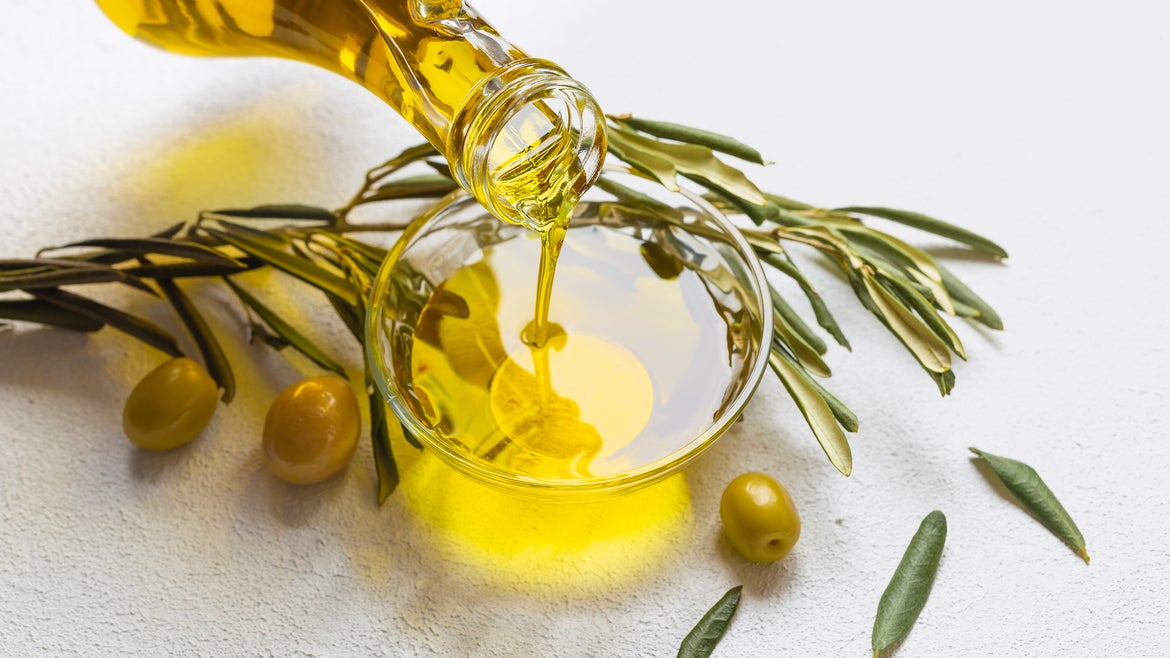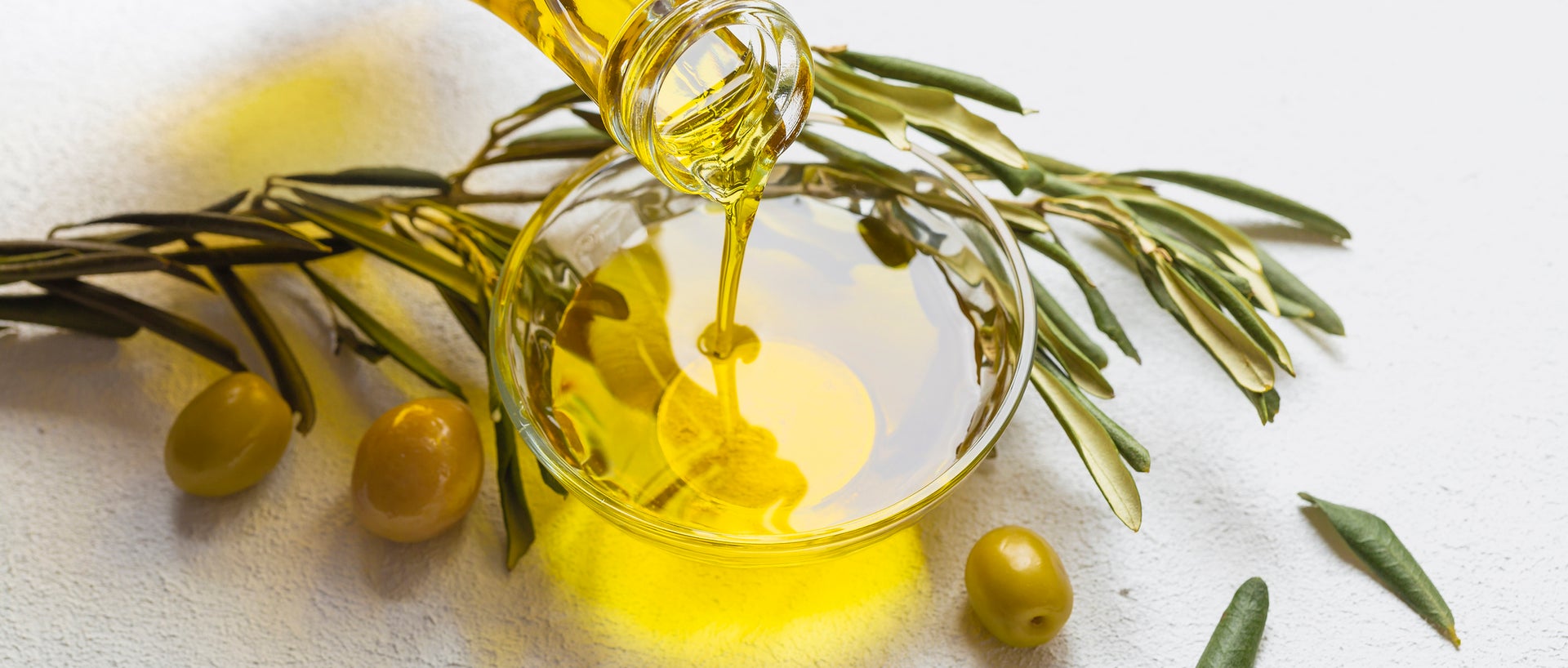A recently released study and accompanying editorial in the Journal of the American College of Cardiology shares data from the last 28 years that supports the positive effects of olive oil on the body.
According to a recent study and its follow up, replacing full-fat dairy with olive oil may have significant health benefits.
The study, recently published in the peer-reviewed Journal of the American College of Cardiology, suggests that substituting olive oil, a major component of the heart-healthy Mediterranean diet, can protect against death from several diseases, particularly Alzheimer’s and those related to cardiovascular health.
"It's a combination of both decreasing the amount of saturated fat at the same time you're increasing the monounsaturated fats found in olive oil," said Dr. Howard LeWine, the chief medical editor of Harvard Health Publishing, part of Harvard Medical School.
The study, led by researchers at the Harvard T.H. Chan School of Public Health, studied the health and diet of over 90,000 U.S. adults from 1990 to 2018.
According to study author Marta Guasch-Ferre, a senior research scientist at the Harvard T.H. Chan School, the results of this study showed that adults who replaced a little over 2 teaspoons of margarine, butter, mayonnaise, or other dairy fats with the same amount of olive oil had up to a 34% lower overall risk of dying than people who ate little to no olive oil.
"This is the first long-term study, including more than 90,000 participants followed for up to 30 years, conducted in the American population on olive oil and mortality,” Guasch-Ferre told CNN.
“Previous studies were conducted in Mediterranean and European populations where the consumption of olive oil tends to be higher.”
In the supplemental editorial, "Can Small Amounts of Olive Oil Keep the Death Away?" Susanna Larsson, an associate professor of epidemiology at the Karolinska Institute in Sweden said people who reported eating the highest levels of olive oil had a 19% lower risk of dying from heart conditions, a 17% lower risk of dying from cancer, a 29% lower risk of dying from neurodegenerative disease, and an 18% lower risk of dying from respiratory disease, compared with those who never or rarely consumed olive oil in place of saturated fats.
The connection between olive oil and lessened brain disease-related deaths is "novel," according to Larsson.
"Considering the lack of preventive strategies for Alzheimer's disease and the high morbidity and mortality related to this disease, this finding, if confirmed, is of great public health importance."







